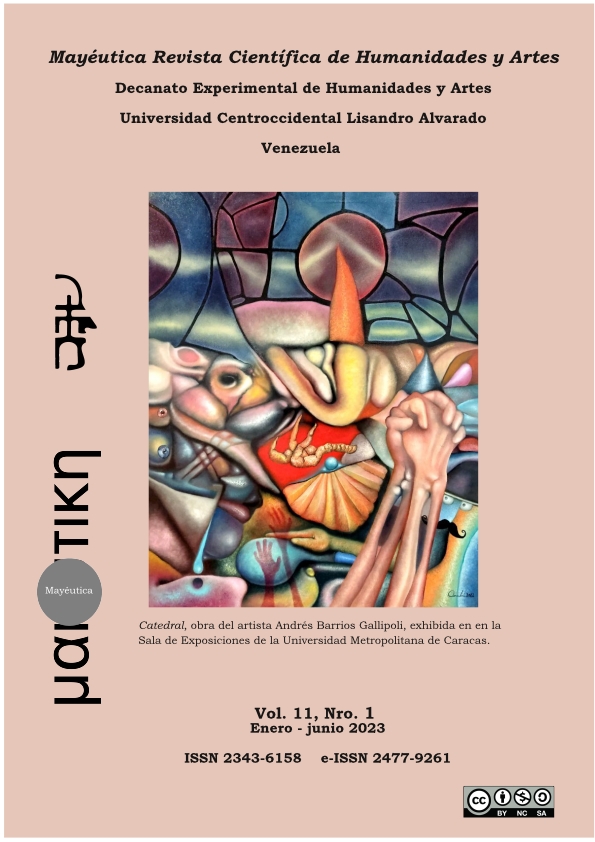A challenge for for scientific publications: Including other stakeholders in the peer review process.
DOI:
https://doi.org/10.5281/zenodo.7410321Keywords:
editorial, Mayeútica revista científica de humanidades y artesAbstract
The book dedicated to the results of the regional consultation on peer review and research evaluation in an open science context, the case of America evaluation of research in an open science context, the case of Latin America and the Caribbean, a product of the Latin American Forum on Scientific Latin America and the Caribbean, a product of the Latin American Forum on Scientific Evaluation-Latin American Latin American Social Sciences Council (Folec Clacso), contains first-order information for those who evaluate and disseminate for those who evaluate and disseminate scientific knowledge, supported by the peer review system for the peer review of the contents of scientific journals. Despite criticisms, peer review (double-blind or non-anonymity) continues to be the predominant way of validating the predominant way of validating research, in the same way as it is done with graduate and thesis and theses as requirements for graduation from universities. Some scientific journals, taking advantage of the benefits of digital communication, have adopted the preprint modality adopted the preprints modality, which consists of the evaluation of papers once they are published. published; if they are rejected by the referees, they are withdrawn from the journals. However, However, pre-review by specialists in the subjects addressed in the manuscripts is the most commonly used most commonly used.
Downloads
Published
How to Cite
Issue
Section

This work is licensed under a Creative Commons Attribution-NonCommercial-ShareAlike 4.0 International License.





